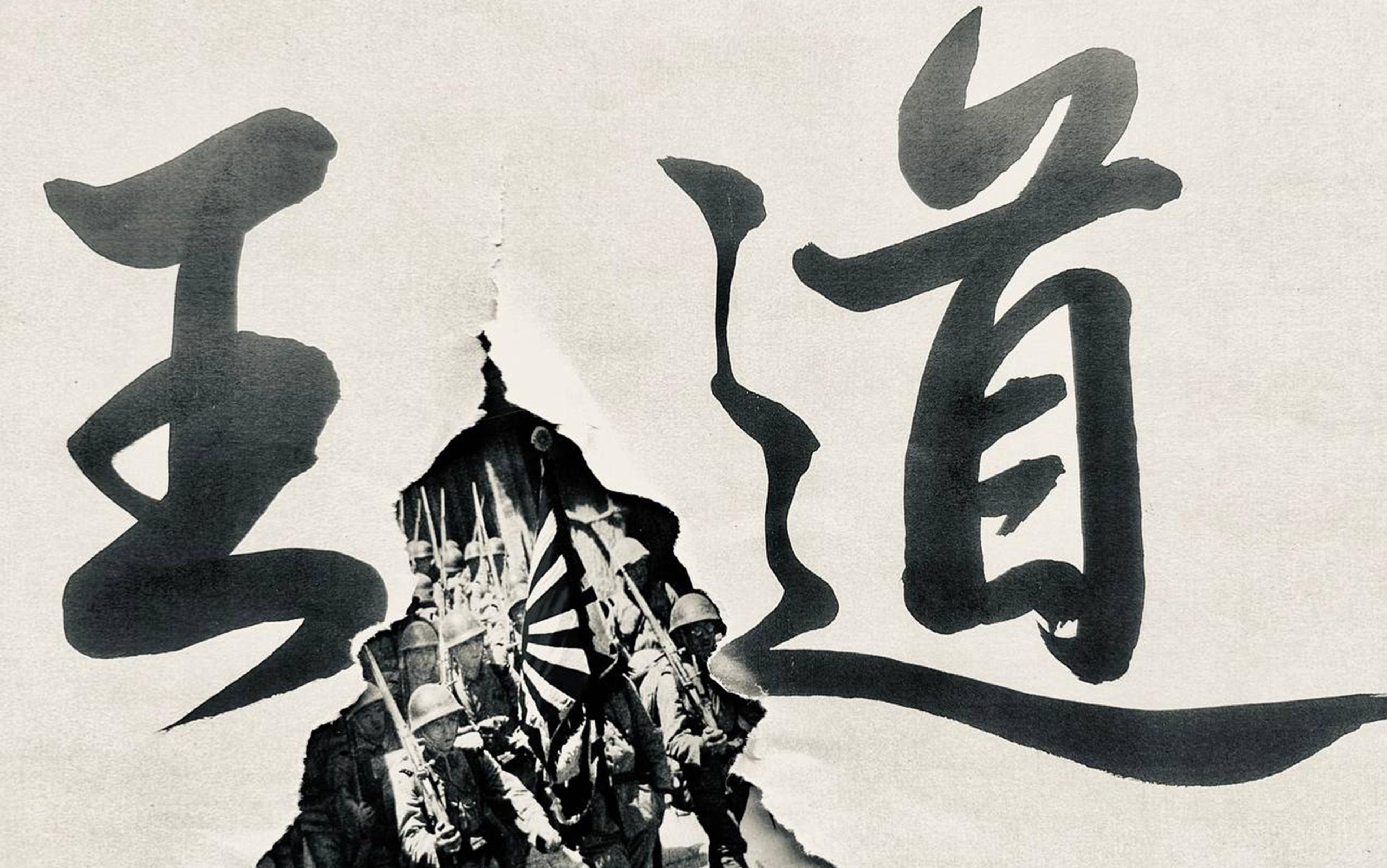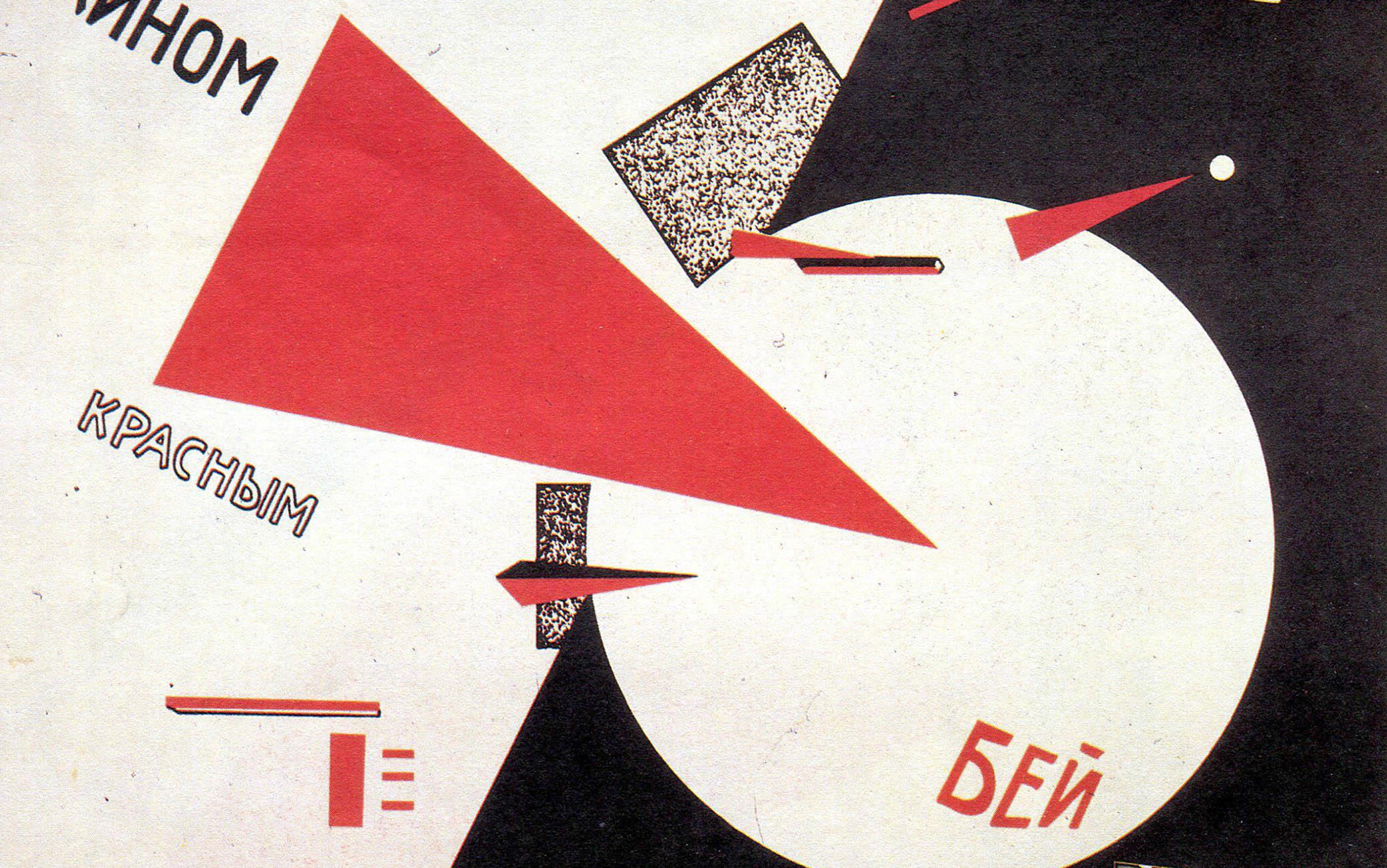Right now, many forms of knowledge production seem to be facing their end. The crisis of the humanities has reached a tipping point of financial and popular disinvestment, while technological advances such as new artificial intelligence programmes may outstrip human ingenuity. As news outlets disappear, extreme political movements question the concept of objectivity and the scientific process. Many of our systems for producing and certifying knowledge have ended or are ending.
We want to offer a new perspective by arguing that it is salutary – or even desirable – for knowledge projects to confront their ends. With humanities scholars, social scientists and natural scientists all forced to defend their work, from accusations of the ‘hoax’ of climate change to assumptions of the ‘uselessness’ of a humanities degree, knowledge producers within and without academia are challenged to articulate why they do what they do and, we suggest, when they might be done. The prospect of an artificially or externally imposed end can help clarify both the purpose and endpoint of our scholarship.
We believe the time has come for scholars across fields to reorient their work around the question of ‘ends’. This need not mean acquiescence to the logics of either economic utilitarianism or partisan fealty that have already proved so damaging to 21st-century institutions. But avoiding the question will not solve the problem. If we want the university to remain a viable space for knowledge production, then scholars across disciplines must be able to identify the goal of their work – in part to advance the Enlightenment project of ‘useful knowledge’ and in part to defend themselves from public and political mischaracterisation.
Our volume The Ends of Knowledge: Outcomes and Endpoints Across the Arts and Sciences (2023) asks how we should understand the ends of knowledge today. What is the relationship between an individual knowledge project – say, an experiment on a fruit fly, a reading of a poem, or the creation of a Large Language Model – and the aim of a discipline or field? In areas ranging from physics to literary studies to activism to climate science, we asked practitioners to consider the ends of their work – its purpose – as well as its end: the point at which it might be complete. The responses showed surprising points of commonality in identifying the ends of knowledge, as well as the value of having the end in sight.
As scholars of the Enlightenment, we draw our inspiration for this intertwining of end and ends from an era that initiated many of our models for producing, sharing and using knowledge. Enlightenment thinkers combined practical and utopian definitions of ends as they called for new modes and institutions of knowledge production, understanding ends as large-scale goals that must, at the same time, be achievable. In the early 17th century, Francis Bacon called for both a new start to knowledge production and a reconsideration of its ends. ‘[T]he greatest error of all,’ he wrote in The Advancement of Learning (1605), ‘is the mistaking or misplacing of the last or furthest end of knowledge.’ Its ‘true ends’, he later wrote, were not professional reputation, financial gain, or even love of learning but rather ‘the uses and benefits of life, to improve and conduct it in charity’. Advocating an end to scholasticism, the medieval educational programme that emphasised dialectical argumentation and deductive logic, Bacon devised his Novum Organum (1620), ‘new organon’, as both a blueprint for and the beginning of a generations-long and worldwide effort to seek new ‘ends’. His work is generally taken as an origin point for the Scientific Revolution.
In this way, the Enlightenment offers a model of how the end of one view of knowledge production can be a launchpad for new ideas, methods and paradigms. The fracturing and decline of Aristotelian scholasticism during the Renaissance gave rise to a host of philosophies devised to replace it. The conflicts of the Thomists and Scotists, the inadequacies of revived Hellenistic doctrines, the discomforting mysticism of Rosicrucianism and Kabbalah, and even the failed promise of Platonism to provide a modern, comprehensive alternative to Aristotle led thinkers like Bacon to seek answers in other fields.
Bacon’s terms – exitus, finis, terminus – suggest a focus on endpoints as well as outcomes. Knowledge, in his philosophy, had ends (ie, purposes) as well as an end (a point at which the project would be complete). The new science, he believed, would lead to ‘the proper end and termination of infinite error’ and was worth undertaking precisely because an end was possible: ‘For it is better to make a beginning of a thing which has a chance of an end, than to get caught up in things which have no end, in perpetual struggle and exertion.’ Bacon believed scientists could achieve their ends.
The disciplines as we currently occupy them are artefacts of the 19th-century origins of the research university
The following year, however, the scholar Robert Burton took a less sanguine view of knowledge production in The Anatomy of Melancholy (1621). Considering the lot of ‘our divines, the most noble profession and worthy of double honour’, who despite that worthiness had little hope of material reward or encouragement, he asked rhetorically: ‘to what end should we study? … why do we take such pains?’ The (enviable) certitude of the natural philosopher juxtaposed with the (highly relatable) lament of the humanist scholar suggests a division between modes and objects of enquiry that remains stereotypical of the STEM-humanities divide. We continue, fairly or unfairly, to associate the natural and applied sciences with specific and comprehensible ends, while the search for humanistic knowledge seems endless.
Seeking to sidestep such stereotypes, we asked knowledge producers to revisit Bacon’s foundational question of the Enlightenment: what is ‘the last or furthest end of knowledge’? Some may be quick to point out that past efforts at ending often appear quixotic or ludicrous with the advantage of hindsight. For literary scholars, the paradigmatic examples of this are Jorge Luis Borges’s short story ‘The Library of Babel’ (1941) and the character of Edward Casaubon in George Eliot’s novel Middlemarch (1871-2). Casaubon’s work on his Key to All Mythologies is literally unending; he dies before completing it, leading his young wife Dorothea to worry that he will guilt her into promising to continue the work after his death. Scientists too have sometimes conceived of their ends as providing, as Philip Kitcher wrote in his essay ‘The Ends of the Sciences’ (2004), ‘a complete true account of the universe’, but the idea that such an account could exist, or that, if it did, we could comprehend it, remains very much in doubt. The aspiration for a global end is generally delusive and potentially dystopian.
Our goal, then, is not to offer a single or final answer to the question of knowledge’s end(s), but rather to open and maintain an intellectual space in which it can be asked. Scholars across fields may bristle at the idea of their work ending, with ‘defences’ of various fields commonplace today. The disciplines as we currently occupy them are artefacts of the 19th-century origins of the research university, which gave us the tripartite structure of the natural sciences, social sciences and humanities. This model, which trains scholars in narrow but deep disciplines, emerged out of the Enlightenment’s 200-year shift away from the medieval curricular divisions of the trivium (grammar, logic and rhetoric) and quadrivium (arithmetic, geometry, music and astronomy). The rise of the research university, first in Germany and then in the United States, put an end to this system.
The fact that such academic structures have changed dramatically over time shows that they are not inherent, and the past few decades have witnessed widespread interest in interdisciplinarity in the form of institutional programmes and centres as well as in new fields such as American studies, area studies and cultural studies. However, critiques of interdisciplinarity point out that such efforts are frequently additive rather than interactive: that is, they combine established disciplinary methods rather than remaking them. Questions of purpose, unity and completion have been key to, if often implicit in, the discourse of interdisciplinarity that has dominated discussions of academic institutional organisation.
Of course, knowledge production does not take place solely within the ivory tower. It was precisely during the Enlightenment that writers such as Joseph Addison called for philosophy to be brought ‘out of Closets and Libraries, Schools and Colleges, to dwell in Clubs and Assemblies, at Tea-tables, and in Coffee-houses’. The period saw the takeoff of ‘improvement’ societies, which initially focused on agricultural and public infrastructure but soon expanded to include the arts and sciences more broadly. Some of these organisations, such as Britain’s Royal Society (originally the Royal Society for Improving Natural Knowledge), remain important institutions for bridging the continuing gap between universities and the public.
But other extra-academic efforts have had the goal of repudiating the university, rather than connecting with it. The Thiel Fellowship, founded by the Right-wing venture capitalist Peter Thiel, provides recipients with a two-year $100,000 grant on the condition that they drop out of or skip university in order to ‘build new things instead of sitting in a classroom’. For many, academic organisations appear moribund and continuing improvement requires new institutional arrangements. Ending one institutional arrangement often happens in the name of starting something new.
Once we start looking for the ends of knowledge, then, we notice that interlocking questions about purpose and completeness are central to many of our scholarly undertakings. It can be easy to identify some knowledge projects that failed for good reason: alchemy, phrenology and astrology, for example, are now understood as abandoned pseudosciences (though the latter has taken on new life in 21st-century culture). Other disciplines’ deaths have also been reported, albeit perhaps prematurely. In 2008, Clifford Siskin and William Warner argued that it was time to ‘write cultural studies into the history of stopping’. In a blog post titled ‘The End of Analytic Philosophy’ (2021), Liam Kofi Bright opined that the field was a ‘degenerating research program’. Peter Woit used similar language to describe string theory in an interview with the Institute of Art and Ideas earlier this year; he called it a ‘degenerative program’ whose goal of unification had been ‘simply a failure’. And Ben Schmidt, in his blog, has diagnosed ‘a sense of terminal decline in the history profession’ given cratering numbers of academic jobs. These fields have produced valuable knowledge, but (according to these authors) they may have taken us as far as they can go.
Rather than focusing on a single field, we surveyed knowledge producers from across the humanities, social sciences and natural sciences, inside and outside the university, to answer the same question: what are the ends of your discipline? While we encouraged them to consider multiple kinds of ends, we did not prescribe a definition for the term and we recognised that some would reject the premise itself. We did not expect consensus, but we did find points of commonality. This synthetic approach revealed four key ways in which to understand ‘ends’, which emerged collectively: end as telos, end as terminus, end as termination and end as apocalypse.
The first two definitions relate most directly to the work of a discipline or an individual scholar: what is the knowledge project being undertaken, and what would it mean for it to be complete? Most scholars are relatively comfortable asking the former question – even if they do not have clear answers to it – but have either never considered the latter or would consider the process of knowledge production to be always infinite, because answering one question necessarily leads to new ones. We argue that even if this were true, and a particular project could never be completed within an individual’s lifetime, there is value in having an identifiable endpoint. The third meaning – termination – refers to the institutional pressures that many disciplines are facing: the closure of centres, departments and even whole schools, alongside political pressure and public hostility.
How can we get anywhere if we cannot even say where we want to go?
Over all this looms the fourth meaning, primarily in the context of the approaching climate apocalypse, which puts the first three ends into perspective: what is the point of all this in the face of wildfires, superstorms and megadrought? For us, this is not a rhetorical question. What is the point of literary studies, physics, history, the liberal arts, activism, biology, AI and, of course, environmental studies in the present moment? The answers even for the latter field are not obvious: as Myanna Lahsen shows in her contribution to our volume, although the scientific case is closed as far as proving humans’ effect on the climate, governments have nevertheless not taken the action needed to avoid climate catastrophe. Should scientists then throw up their hands at their inability to influence political trends – indeed, some have called for a moratorium on further research – or must they instead engage with social scientists to pursue research on social and political solutions? What role do disciplinary norms separating the sciences, social sciences and humanities play in maintaining the apocalyptic status quo?
To some extent, then, particular ends are less important than the possibility of discovering a shared sense of purpose. Ultimately, we hope to show what the benefits would be of knowledge projects starting with their end(s) in mind. How can we get anywhere if we cannot even say where we want to go? And even if we think we have goals, are we actually working toward them? Ideally, a firm sense of both purpose and outcome could help scholars demonstrate how they are advancing knowledge rather than continuing to spin their wheels.
As we noted, our survey found four ideas of the ends of knowledge: telos, terminus, termination and apocalypse. But in answering the question of the ends of their disciplines, our contributors fell into another set of four groups, which cut across the three-part university division of the humanities, social sciences and natural sciences. One group took the approach of unification: how could the author’s field achieve a unified theory or explanation, and how close is the field to that goal? A second group argued that the purpose and endpoint of knowledge production is increased access, and that such access is key to social justice. Discussions of utopian and dystopian outcomes comprised a third group, while a fourth located their ends in the articulation and pursuit of key concepts such as race, culture and work.
These four groupings – unification, access, utopia/dystopia and conceptualisation – synthesise many of the ways that knowledge workers respond when asked to consider their discipline’s ends, from seeking a point of convergence for knowledge to articulating the central project of their field. In this way, we asked contributors to reimagine their places within the university structure. As we know, any individual scholar’s research or methodology – what we have called her knowledge project – might diverge significantly from those of her colleagues within a department or discipline. The 19th-century formation of the university established our three primary divisions of the humanities, social sciences and natural sciences. Now, we are proposing a thought experiment of a new four-part structure. What might a department or division of unification or conceptualisation look like? We are asking how knowledge production might change to fit the present moment if we organise ourselves not by content – English, physics, computer science and so on – but by how we understand our ends.
At the same time, these ends are necessarily interconnected, and individual research projects would likely fit into several at once. As Hong Qu argues in his contribution to our book, for example, individual researchers and teams working towards autonomously learning AI systems, or artificial general intelligence (AGI), will need more deliberate exposure to moral philosophy, political science and sociology to ensure that ethical concerns and unintended consequences are not addressed on an ad hoc basis or after the fact but are anticipated and made integral to the technology’s development. Educators, activists and policymakers will concordantly need more practical knowledge about how AI works and what it can or cannot do. Achieving the immediate end of AGI entails the pursuit of a new and more abstract end greater than the sum of its disciplinary parts: ‘a governance framework delineating rules and expectations for configuring artificial intelligence with moral reasoning in alignment with universal human rights and international laws as well as local customs, ideologies, and social norms.’ Qu explores potential dystopian scenarios as he argues that, if the end of creating ethical AGI is not achieved, humanity may face a technological end. In this way, current disciplinary divides are driving a society-wide sense of potential doom.
The strategies that got us this far may not be the ones we need to move forward
Returning to the Enlightenment shows how concerns over disciplinary divisions have been present since their inception. In 1728, Ephraim Chambers, editor of the Cyclopædia, wondered ‘whether it might not be more for the general Interest of Learning, to have all the Inclosures and Partitions thrown down, and the whole laid in common again, under one undistinguish’d Name’. By the end of the century, the redivision of knowledge had been formalised in the proto-disciplinary ‘Treatises and Systems’ of the Encyclopaedia Britannica. In 1818, the rise of specialist groups like the Linnean Society and the Geological Society of London led the eminent naturalist Joseph Banks to write: ‘I see plainly that all these new-fangled Associations will finally dismantle the Royal Society.’ Disciplinarity was seen as ending some kinds of knowledge while not fulfilling their ends.
The boundaries established in the mid-19th century and hardened throughout the 20th are now maintained managerially and financially as well as through methods and curricula; they are often reified by architecture and geography, with humanities and STEM departments housed in buildings on opposite ends of campuses. For a long time, these tactics and strategies worked: they gave the new disciplines that emerged from the Enlightenment time and space to grow. Disciplinarity offers an important means to certify knowledge production.
The strategies that got us this far, however, may not be the ones we need to move forward. If the utmost end of the university is or should be the advancement and distribution of knowledge – an increasingly open question in some quarters – then, at the largest scale, the ability to determine and articulate shared ends among fields of knowledge would be an important step toward addressing institutionally entrenched, often counterproductive, divisions and authorising new systems and organisations of knowledge production. Can we escape the discourse of competition and crisis, which tends to keep us focused on the health of individual disciplines or college majors, by reorganising knowledge production around questions or problems rather than objects of study? What if, instead of endlessly attempting to analyse and remedy the troubles of a particular division, we turn our attention to the system of division itself?
Our volume is an initial attempt to see what the advancement of learning could look like if it were to be reoriented around emergent ends rather than inherited structures. The question of ends must continue to be pursued at increasing scales, from the individual researcher, to the office or department, to the discipline, to the university, to academia and to knowledge production as a whole. The shared project of considering the end(s) of knowledge work reveals the rich history and scholarly investments of individual disciplines as well as the larger goal of producing accurate knowledge that is oriented toward a more ethical, informed, just and reflective world. We are, in many ways, only at the beginning of the end.






